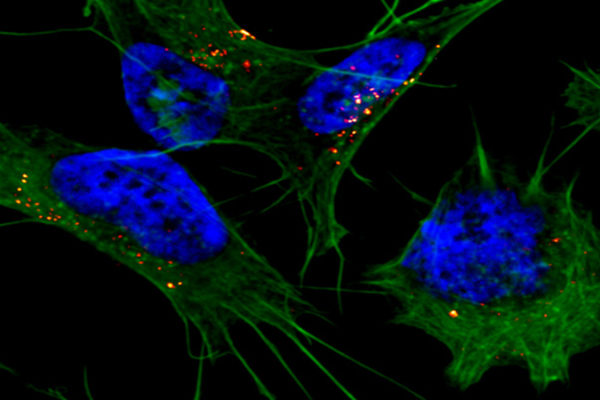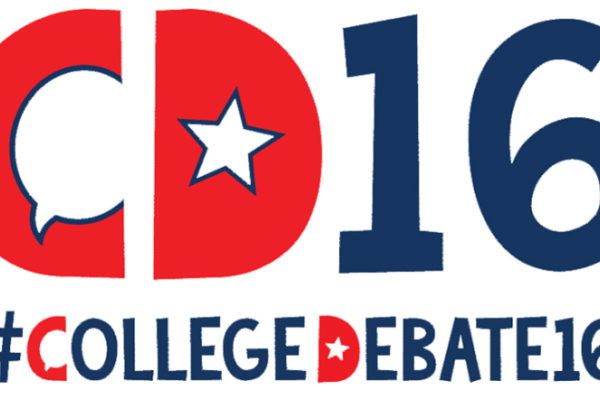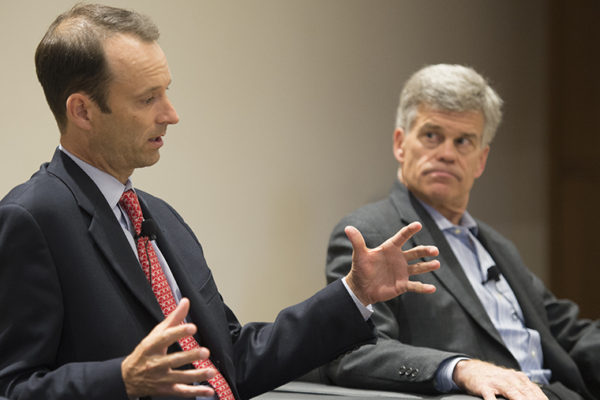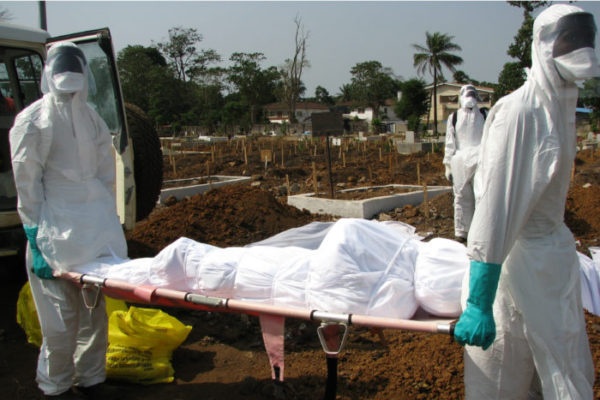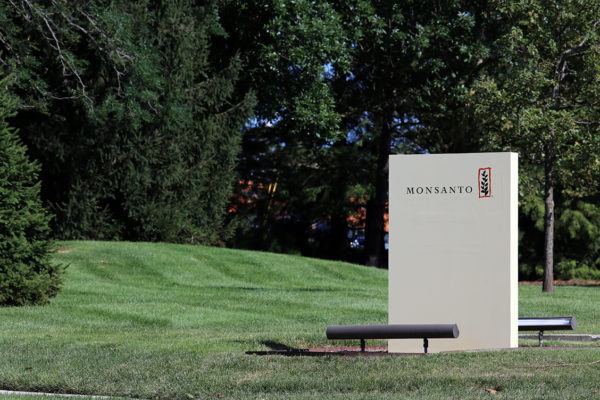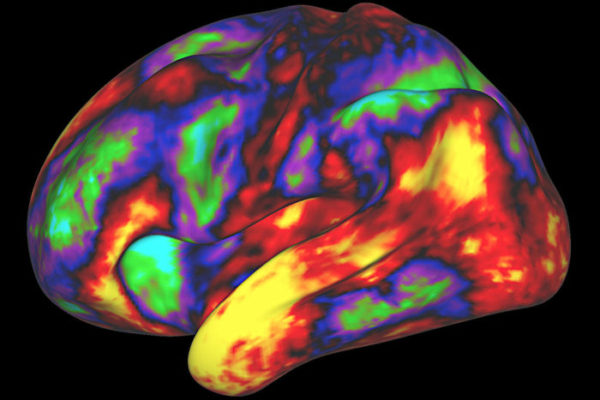Flying high
On Sept. 19, Washington University scientist Henric Krawczynski, announced that the X-Calibur X-ray telescope had landed safely near the border between Arizona and New Mexico, completing a long stratospheric balloon flight with disks full of data about neutron stars and black holes.
The shape-shifting protein behind Alzheimer’s disease
New research from Washington University in St. Louis shows that the protein behind Alzheimer’s disease shape-shifts, changing its internal structure in order to infiltrate brain cells and become toxic.
College students want a voice in the debate
Cassie Klosterman, a voter engagement fellow at Washington University’s Gephardt Institute for Civic and Community Engagement and a 2016 graduate in Arts & Sciences, talks about her recent experiences as a delegate at College Debate 16. The national gathering of college students was sponsored by the Commission on Presidential Debates.
The realms of Mordor
What gives Mordor Macula, the red dusted polar region of Pluto’s moon Charon, its color? New Horizons scientists, including Washington University’s Bill McKinnon, answer the question in the current issue of Nature.
Second annual conference will bring in sports executives from around the country
The second annual Olin Sports Business Summit will be held at Washington University in St. Louis Sept. 30. Sports executives from across the country will share best practices and discuss trends within the sports business industry.
Hidden green skills
What have plant scientists learned in the laboratory in the past three to five years that could be used to reduce inputs of water, chemical fertilizers and herbicides to agricultural fields?
Ebola focus of $13 million grant
A $13 million grant to study how the Ebola virus replicates has been awarded to a team led by Gaya Amarasinghe, associate professor of pathology and immunology at Washington University School of Medicine in St. Louis.
Med school study examines firearms in the home
A survey of parents in Missouri and Illinois reveals that about half of the children in the families queried spent time in homes that have firearms. However, few reported talking about gun safety with their children’s pediatricians.
WashU Expert: Why Monsanto needed to accept the Bayer deal
Pharma giant Bayer has acquired St. Louis-based Monsanto. After months of negotiation, the German company went back to the bargaining table this week, and on Sept. 14 the seed firm’s board approved the $66 billion cash offer. Radhakrishnan Gopalan, associate professor of finance at Olin Business School, said Monsanto needed to accept the deal.
Brain development through adolescence to be focus of national study
In a landmark national study, scientists will use advanced brain imaging on more than 10,000 children, along with interviews and behavioral tests, to determine how experiences, together with a child’s changing biology, affect brain development.
View More Stories

